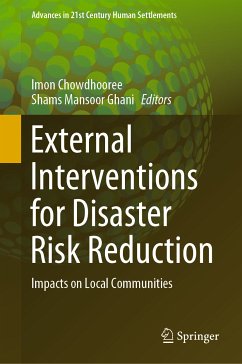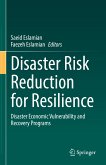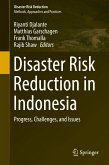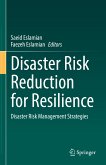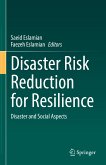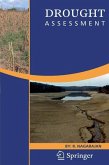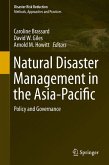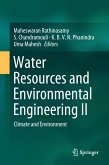This book presents a case study-based analysis of the consequences of external interventions, critically evaluating them from community perspectives. Communities - from rural to urban, and around the world - that are experiencing disasters and changes in climatic variables can perceive the associated risks and evaluate the impacts of interventions. Accordingly, community perspectives, including their perceptions, concerns, awareness, realizations, reactions and expectations, represent a valuable resource. The case-based analysis of impacts on communities can provide a 'means of learning' from the experiences of others, thus expanding professionals' knowledge base, especially regarding disaster mitigation and climate change adaptation practices in varied settings. This book offers valuable insights and lessons learned, in an effort to promote and guide innovative changes in the current planning, management and governance of human settlements, helping them face the future challengesof a changing environment.
Dieser Download kann aus rechtlichen Gründen nur mit Rechnungsadresse in A, B, BG, CY, CZ, D, DK, EW, E, FIN, F, GR, HR, H, IRL, I, LT, L, LR, M, NL, PL, P, R, S, SLO, SK ausgeliefert werden.

